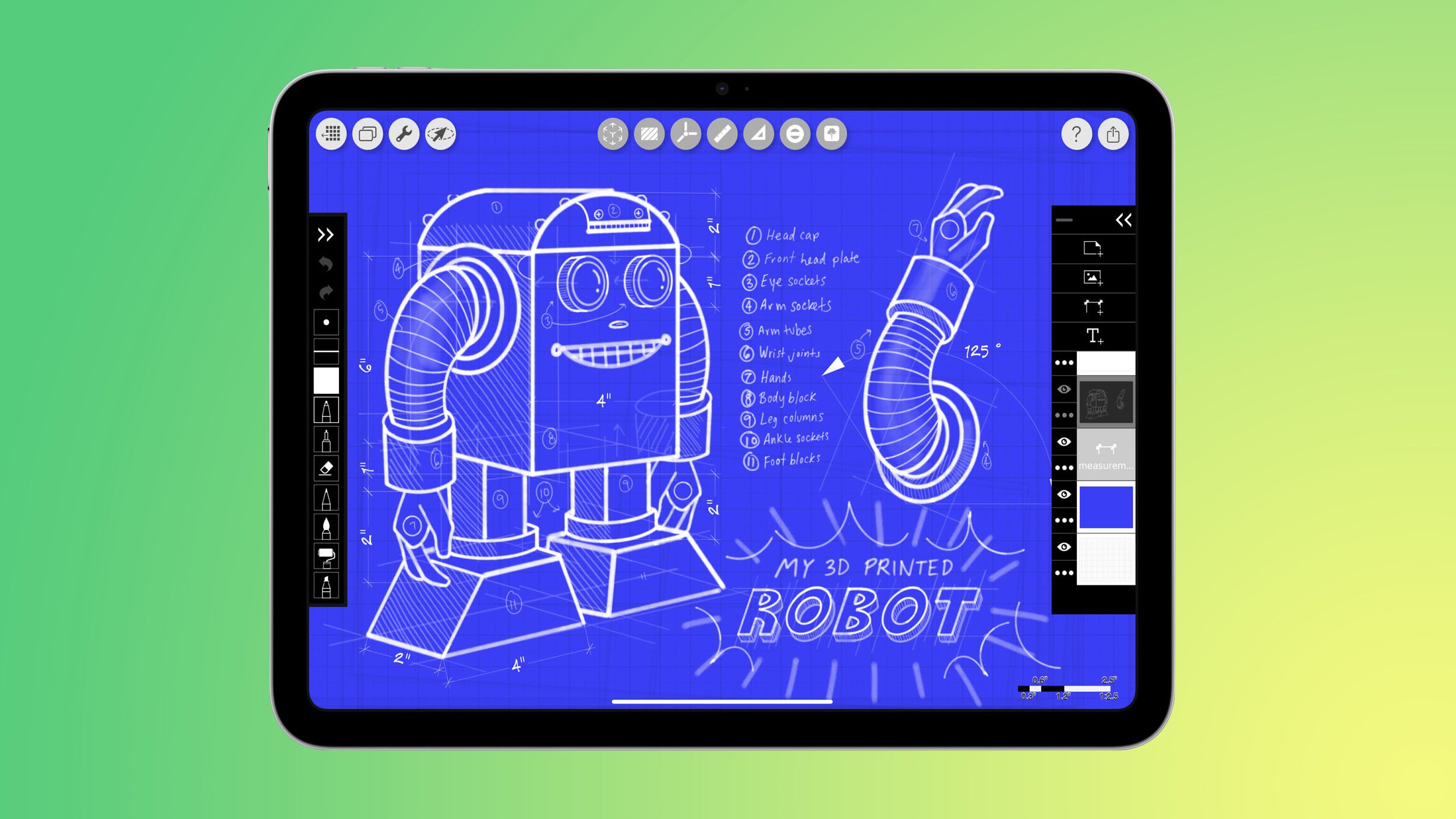The Rise of Agentic AI: Revolutionizing Business Operations

In the evolving landscape of technology, many professionals are witnessing a transformation that seemed unimaginable just a few years ago. Tools like ChatGPT can now draft intricate content strategies based on simple three-sentence prompts, while Grammarly has become adept at resolving even the most complex grammatical dilemmas, such as the elusive Oxford comma, across entire manuscripts. Although I have yet to observe C-beams glittering in the dark, my experience has shown me how artificial intelligence (AI) is fundamentally reshaping the way we work. And the journey has only just begun.
One of the most intriguing aspects of this transformation is the emergence of agentic AI. Presently, AI agents are situated at the forefront of technological advancement, evolving rapidly yet not entirely ready for widespread adoption. A recent report by Deloitte titled State of Generative AI in the Enterprise emphasizes the necessity for companies to adapt their strategies and workflows in anticipation of the agentic AI wave.
Understanding the fundamentals of AI agents and recognizing their potential for driving growth through automation of tasks is crucial. In this article, we will explore what agentic AI entails and how it might shape the future of businesses.
What is an AI agent?
An AI agent is defined as an autonomous AI system capable of acting independently to set and achieve goals. Unlike traditional AI, which often requires substantial human input, agentic AI operates with a high degree of self-sufficiency.
It is essential to distinguish agentic AI from broader categories of AI technology. Most workplace AI tools, such as Grammarly (assistive AI) or ChatGPT (generative AI), although powerful, still necessitate active user engagement. In contrast, agentic AI not only responds to user inputs but also proactively seeks out objectives, adapts to feedback, and performs tasks autonomously.
AI agents can execute multi-step workflows independently, adjusting processes in real-time by incorporating feedback and new data. This capability is significant, as it empowers non-human operators within a business context while still highlighting the necessity for human oversight. I firmly believe that human guidance will be vital to deploying agentic AI effectively and ethically.
How do AI agents operate?
Agentic AI transcends the limitations of conventional AI by enabling problem-solving, decision-making, and the ability to influence external environments. While they can automate basic tasks, their true strength lies in adapting to dynamic situations and enhancing outcomes over time.
But how does an AI agent achieve this? Heres a brief overview of how agentic AI differs from traditional AI systems:
For instance, consider an AI agent tasked with scheduling a recurring weekly meeting for five marketing team members. The agent would follow these steps:
- Defining Goals and Steps: The AI agent begins by understanding the objectivescheduling a meetingusing Natural Language Understanding (NLU) to extract relevant details.
- Planning and Reasoning: It collects and analyzes data, considering factors like past meeting patterns and individual time zones to find optimal meeting times.
- Decision-Making and Feedback: Upon determining a time, if a team member cannot attend, the agent learns from that feedback and adjusts the meeting time accordingly.
- Autonomous Execution: The AI agent operates independently, interacting with tools like Google Calendar and Slack to manage the entire scheduling process without human intervention.
- Memory and Context: The agent can remember specific details, such as a team member's preferences, to inform future scheduling tasks.
- Learning and Adaptation: Over time, the agent refines its processes, learning from past performance to enhance efficiency.
- Collaboration with Other Agents: AI agents can work alongside each other, coordinating efforts to achieve common goals.
When should you implement an AI agent?
AI agents present significant opportunities for businesses but come with considerations regarding their application and monitoring. Hilan Berger, COO of digital transformation consulting firm SmartenUp, stresses the importance of aligning the complexity of tasks with the capabilities of AI agents. For example, simpler, repetitive tasks might be efficiently handled by a rules-based system, while more complex scenarios require advanced machine learning models.
Berger also highlights the importance of human involvement in agentic AI operations, especially in regulated sectors where decision transparency is crucial. AI-generated outputs must be auditable, particularly in industries like finance where accuracy is paramount.
Types of AI Agents
While there are various forms of AI agents, each tailored for specific applications, its essential to understand how they function:
- Reactive Agents: These follow strict rules for repetitive tasks but cannot learn from their experiences.
- Limited-Memory Agents: Analyze current data to make decisions but do not retain long-term information.
- Task-Specific Agents: Designed for particular high-volume tasks, demonstrating flexibility and decision-making capabilities.
- Multi-Agent Systems: Involve several agents working collaboratively to achieve a common objective.
- Autonomous AI Agents: Operate with high autonomy, optimizing processes without human assistance.
- Theory of Mind Agents: Aim to understand human emotions and behaviors, although still in development.
- Self-Aware Agents: Currently hypothetical, these would possess self-awareness and could significantly alter the dynamics of human-AI interactions.
Preparing for an Agentic AI Future
As businesses consider integrating AI into their workflows, its crucial to evaluate their needs and prepare for future advancements in agentic AI. Monitoring existing AI solutions for opportunities and limitations can guide businesses in determining the right AI type for their specific context.
Although the concept of self-aware agents remains speculative, the rapid advancement of AI creates exciting possibilities. Embracing these technologies could lead to a new era of productivity and efficiency that reshapes work as we know it. The future belongs to agentic AI, and the question remains: will your organization be ready to harness its potential?




























